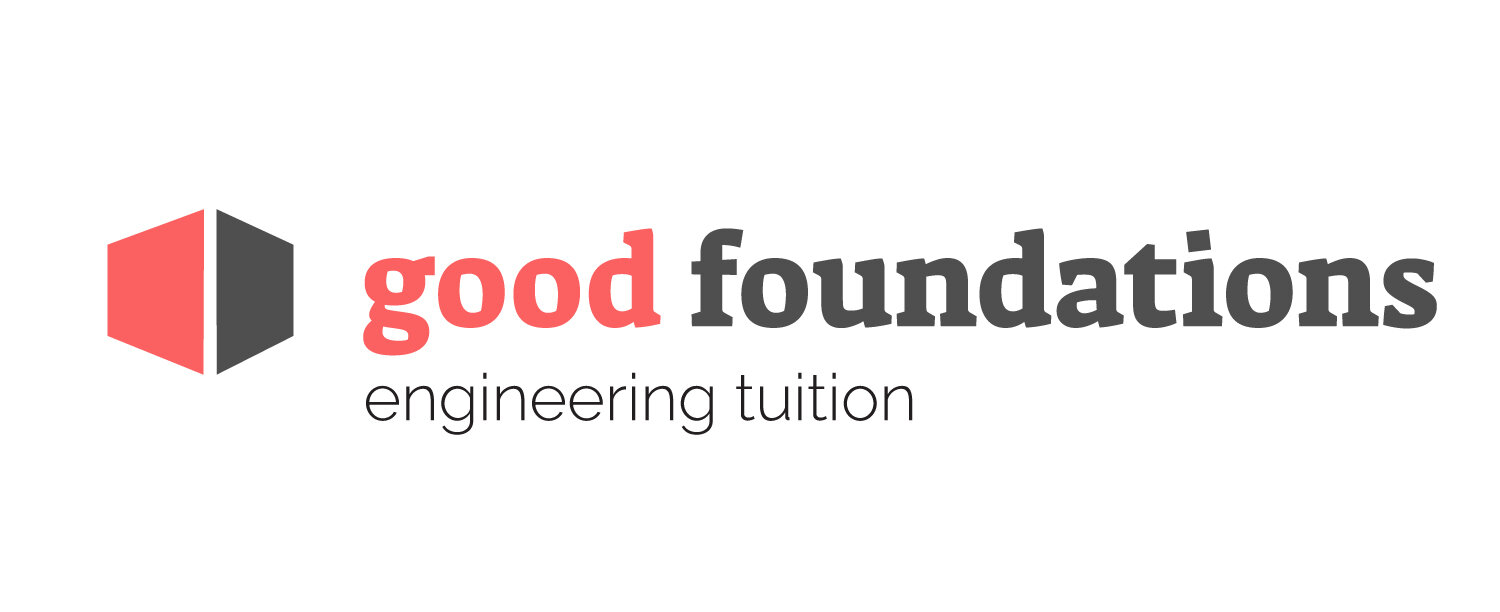Why study an Engineering PhD
After completing their undergraduate degree, most students decide to seek employment – whether that be in engineering or an adjacent industry. Some students however may decide to keep studying by undertaking a phD. Could this option be the right one for you?
What is a PhD?
A Doctor of Philosophy (PhD) is a postgraduate academic degree awarded by universities. A PhD in civil engineering is one of the highest academic achievements, and it means that you have developed a significant and original body of research. A PhD will generally last for 3-4 years.
Requirements
The entry requirements for a PhD vary depending on the institution. For example, Edinburgh University ask for an Honours degree at 2:1 or above (or International equivalent) in a relevant science or engineering discipline, possibly supported by an MSc Degree. Other institutions require a master’s degree (or international equivalent) in a relevant discipline.
Why study a PhD?
There are many reasons why an engineering student might choose to study a PhD.
Interest in pursuing a career in academia. Studying a PhD is a common route to working in academia. Throughout their PhD students may be encouraged to begin working as teaching assistants and tutors gaining initial experience working in the academic environment.
Passion for a specific topic area. Undertaking a PhD enables the student to become a topic expert in their chosen niche. Choosing to work as a civil engineer will likely require the student to be more of a generalist.
Opportunities to continue university life. PhD positions are normally partially funded through research grants and stipends. This funding can make the offer to continue university life more enticing
A Chat with PhD student Alex B
Good foundations tutor Alex started a PhD at the University of Edinburgh in September 2022. Her PhD is studying the fatigue properties of carbon tendons in bridges. Over 4 years she will be performing lab experiments, computer modelling and writing her thesis. I asked her a few questions about her PhD!
Hi Alex! Why did you choose to study a PhD?
In my last semester of undergraduate studies, with no concrete job offers, I got offered a PhD position by my undergraduate thesis supervisor. It was an interesting topic, my supervisor is fantastic, you get paid while still enjoying the benefits of being a student, Edinburgh is a great city to live in, I love a tough academic challenge…many small yet important reasons which made this opportunity too good to say no. It was a relatively easy answer, even though I had never originally considered studying a PhD!
Did you consider going straight into the workplace?
Yes, my initial plan was to move out of the UK and go into the workplace. However, at the end of my studies, in all honesty, the workplace seemed pretty terrifying. I was always a top tier student but it became increasingly clear during my last year of studies that the workplace is completely different to a university learning environment. After 5 years of studying, I was not confident in my own knowledge: the more I was learning, the more I was aware of how little I knew in the grand scheme of engineering knowledge, and how difficult it must be to take important everyday engineering decisions with so little experience. Studying a PhD, thus seemed like a great opportunity to continue enhancing my knowledge, while developing soft skills (presentation giving, time management, organisation skills) so that hopefully, after 3 years of studies, I will gain confidence in my engineering judgement and decision making, ready to face the workplace.
How did you choose your PhD topic?
My PhD offer came with a specific topic. It was similar enough to my undergraduate thesis subject that I didn’t feel complete lost, yet different enough that it sparked my curiosity to learn about a new and contemporary topic (Carbon Fibre Reinforced Polymers). After an initial meeting with my supervisor, it became clear that they had pretty set objectives in terms of this project which is a great advantage for a PhD, it helps with getting started and means that your supervisors want to be involved in the project. It gave me the impression that this project was very well organised and that I would be well supported during my research. Both aspects luckily turned out to be true!
Where do you hope to go after the PhD?
After my PhD, I am hoping to get a job in an engineering company because I am curious to see what the workplace is about!
On the other hand, as part of my PhD, I am required to commit a certain number of hours to tutoring undergraduate courses which I increasingly enjoy. I am starting to wonder whether I would enjoy becoming a lecturer in a more distant future.
Note by Will W
Learn more about good foundations tutoring - follow the link below.


